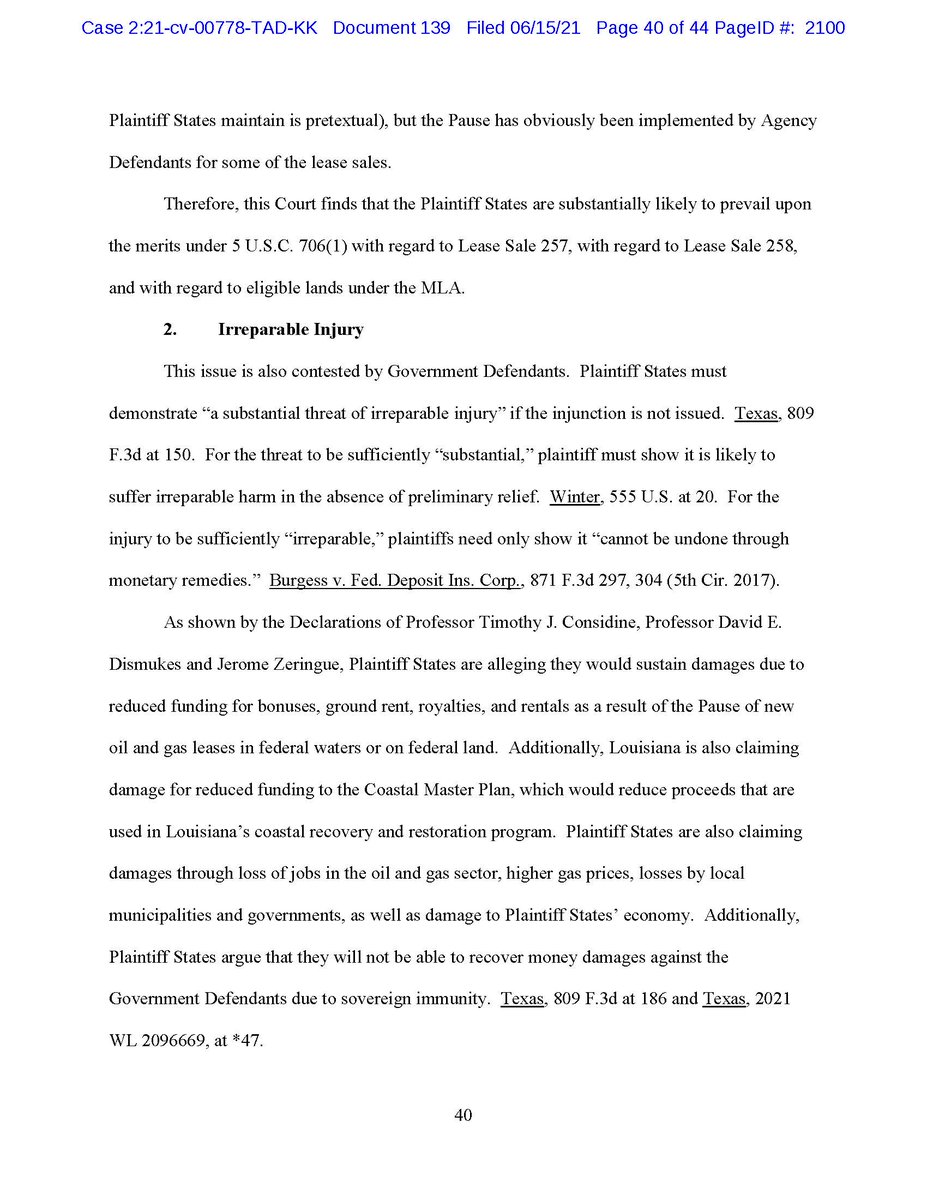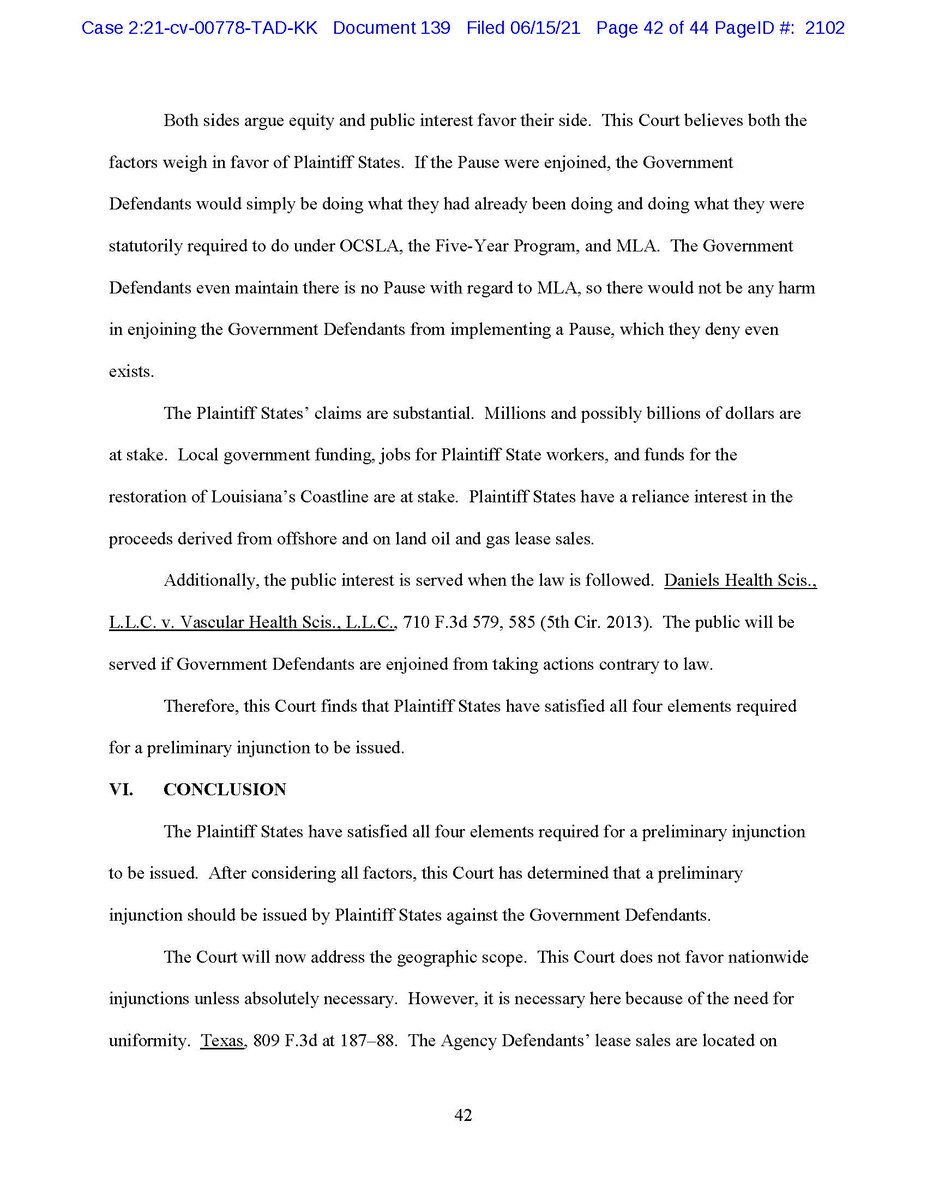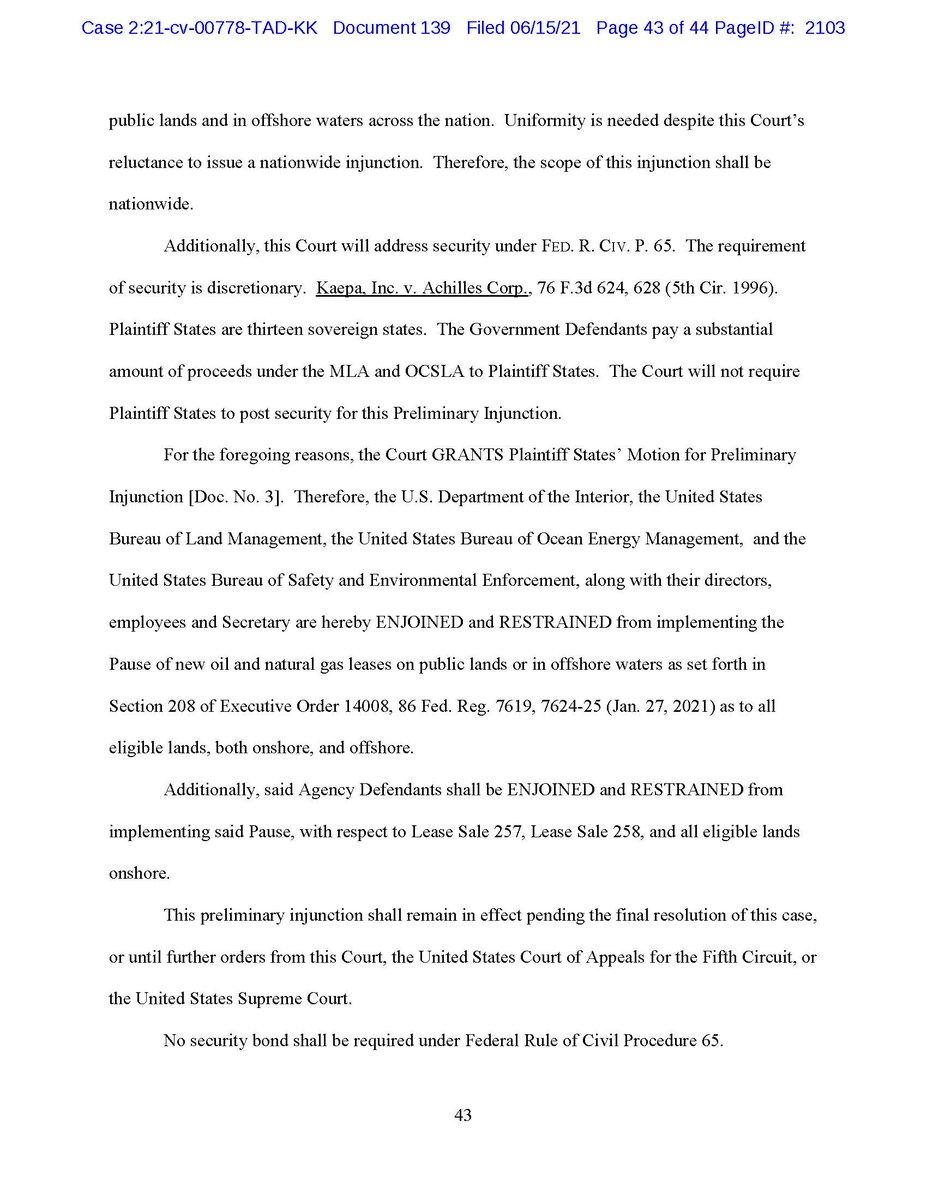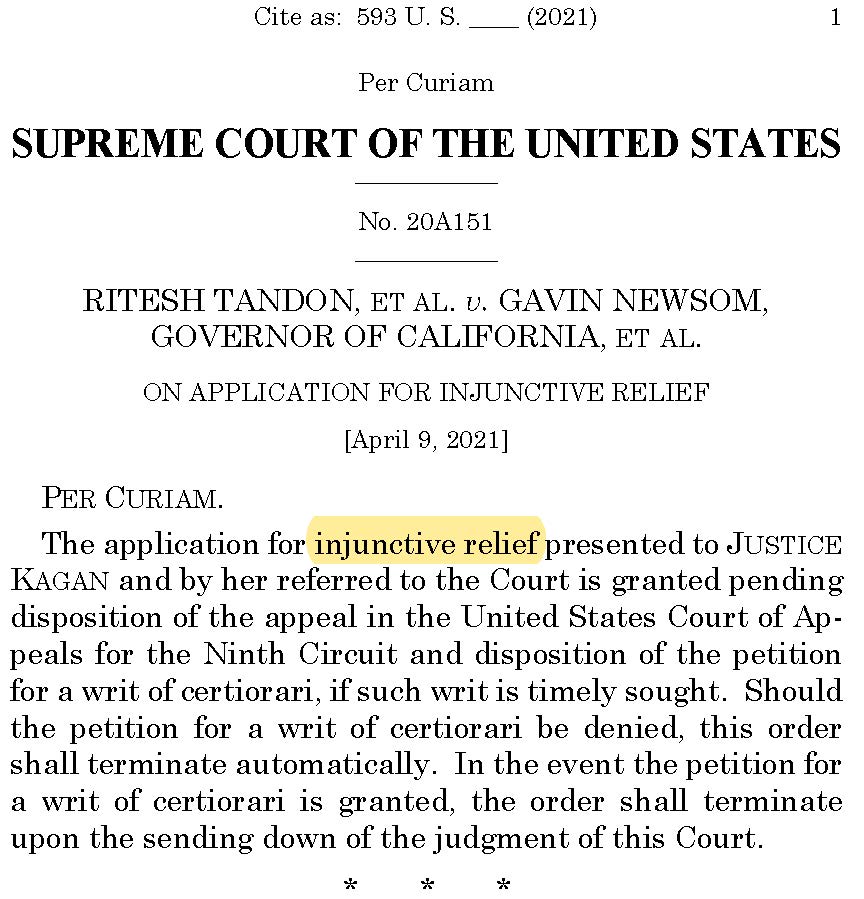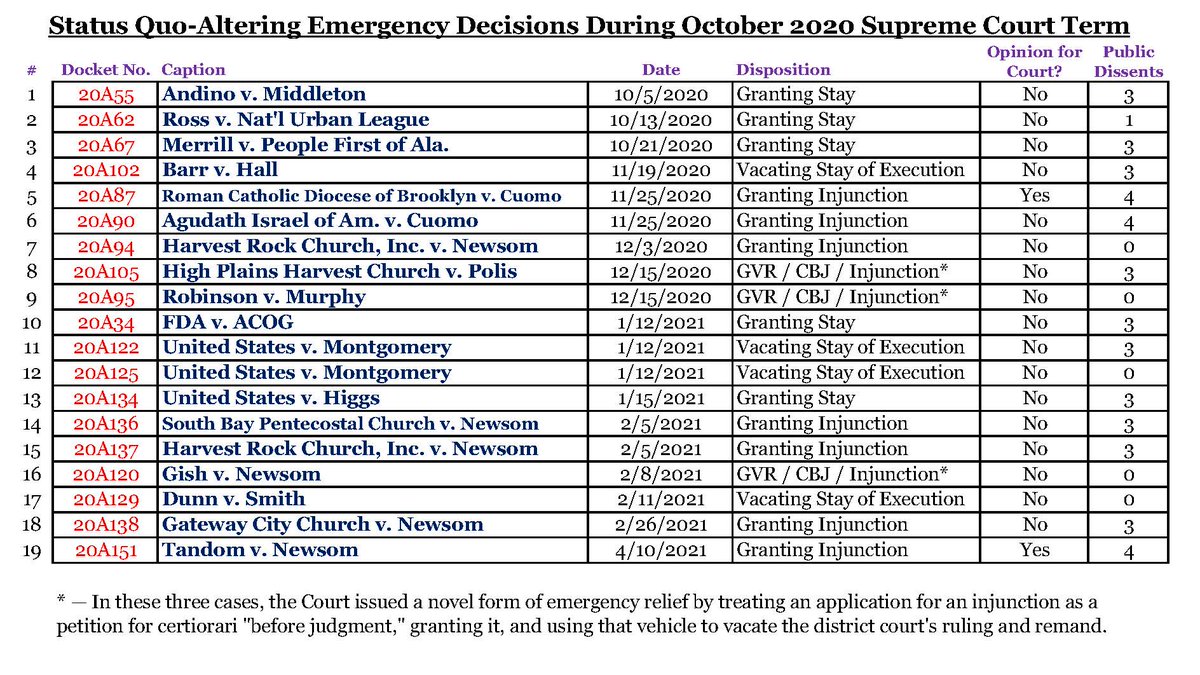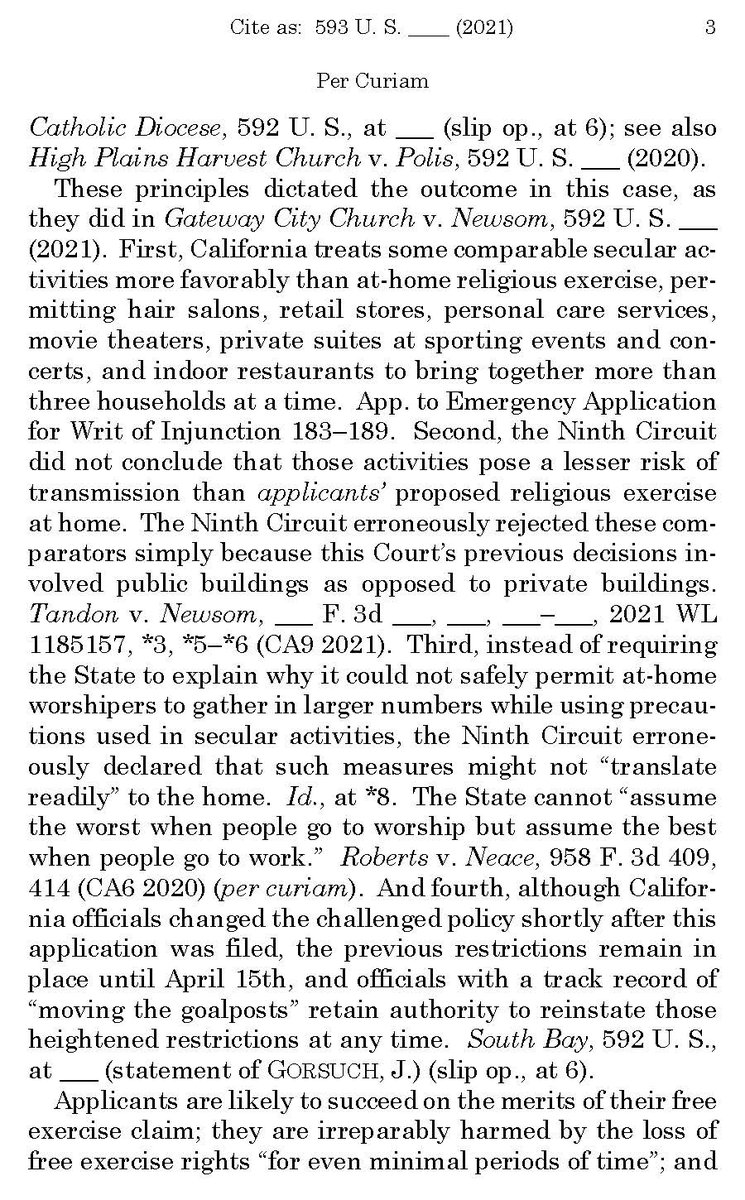
A short #thread on why #SCOTUS's Arthrex ruling is a big deal:
A lot of adjudication happens in the Executive Branch. Social Security benefits; immigration claims; patent appeals; etc. And "judges" ("administrative law judges") are usually involved in *resolving* those disputes.
A lot of adjudication happens in the Executive Branch. Social Security benefits; immigration claims; patent appeals; etc. And "judges" ("administrative law judges") are usually involved in *resolving* those disputes.
No one thinks these judges are the same as Article III judges (with life tenure and salary protection). But should they be *totally* beholden to their political masters, or should there be at least some modicum of independence insulating their rulings from political interference?
Congress has tried for the latter approach, creating detailed procedures to govern the hiring and firing of administrative law judges — and delineating specific circumstances in which their rulings can be overturned by the Executive Branch (as opposed to by an Article III court).
Today's decision holds that Congress isn't allowed to do that. By giving these Administrative Patent Judges the power to resolve disputes *without* plenary supervision by a political appointee, the 5-4 majority held that Congress thereby violated Article II's Appointments Clause.
And the remedy reflects that. Here, a 7-2 majority held that the way to fix the constitutional problem is to allow the Director of the PTO (a political appointee) to decide whether to rehear any and all decisions by these administrative judges — so that he can set their agenda.
This *could* have significant implications for the independence of *all* administrative judges within the Executive Branch — where the choice now is to have the judges *themselves* be political appointees or to have their rulings be subject to plenary review by such appointees.
Either way, this opens the door to the exercise of far more political control over administrative law judges in the Executive Branch—trading the value of quasi-independent adjudications for the principle of a "unitary" executive. Some will say that's a feature; to me, it's a bug.
• • •
Missing some Tweet in this thread? You can try to
force a refresh


